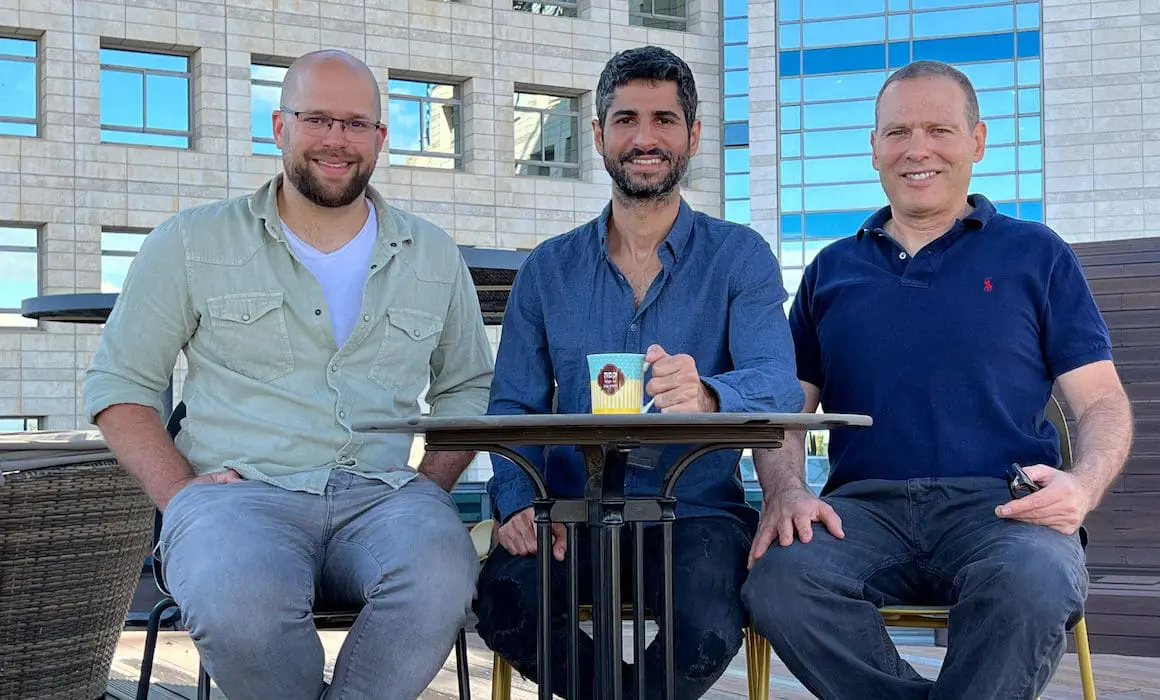Smarter Breast Cancer Detection with AI

Pictured Above / L-R: Amir Livne, Dr. Gil Shamai and Prof. Ron Kimmel
One in nine women globally will be diagnosed with breast cancer during their lifetime, and the numbers are only increasing as a result of factors, including increased lifespan and modern lifestyles. Personalized immunotherapy treatment is a necessity now more than ever, but the number of doctors and pathologists who specialize in examining tissue for specific diagnoses needed for personalized medicine is declining. To help combat this problem, Technion researchers have developed an artificial intelligence (AI) neural network that simplifies and improves the diagnostic process. Even better, the network catches potential indicators that are indistinguishable to the human eye, making its assessment more accurate than that of medical personnel.
In order to create the technology, the researchers trained the neural network by showing it 3,376 biopsy scans that either expressed or did not express the PD-L1 protein, which is displayed in some cancerous tumors and acts as a “password” that commands the immune system not to attack the tumor. In cases where PD-L1 presents as a gatekeeper, treating the tumor with specific immunotherapy can convince the body to ignore the password and attack the tumor. The neural network was then tested on biopsy images from 275 patients to indicate whether they were positive or negative for PD-L1, and it achieved 70% accuracy in determining the correct answer. In the remaining 30% of the cases, the network could not make a conclusion based on the visual patterns presented.
Additionally, in situations where the AI disagreed with the pathologist’s initial findings, a second examination showed the AI to be correct – indicating that the variations the AI found were nearly or completely indistinguishable to the human eye, which makes the technology all the more valuable in diagnostics. The neural network can therefore hopefully be used to assist doctors in making or verifying a diagnosis, matching the best treatment to the individual patient, and offering a prognosis.
The team’s findings were recently published in Nature Communications. The researchers included Professors Gil Shamai, Amir Livne, and Ron Kimmel from the Henry and Marilyn Taub Faculty of Computer Science and Clinical Assistant Professor Gil Bar-Sela from the Ruth and Bruce Rappaport Faculty of Medicine, along with others hailing from the Institute of Molecular Pathology and Immunology of the University of Porto (Ipatimup) in Portugal and Carmel Medical Center in Haifa, Israel.
